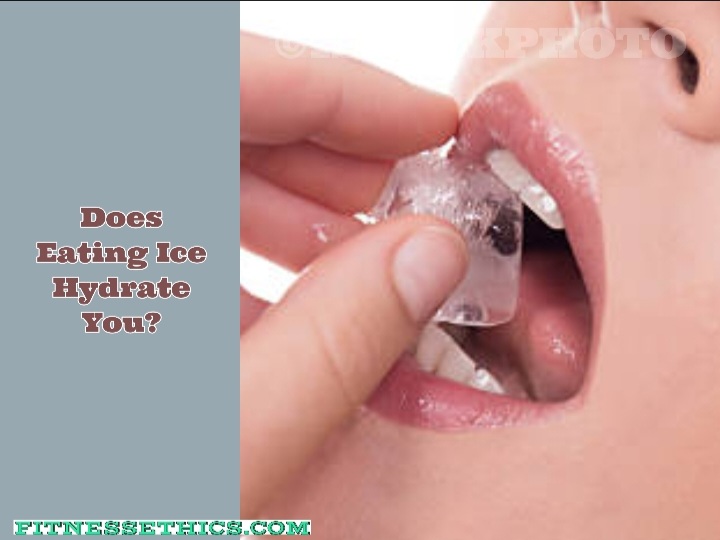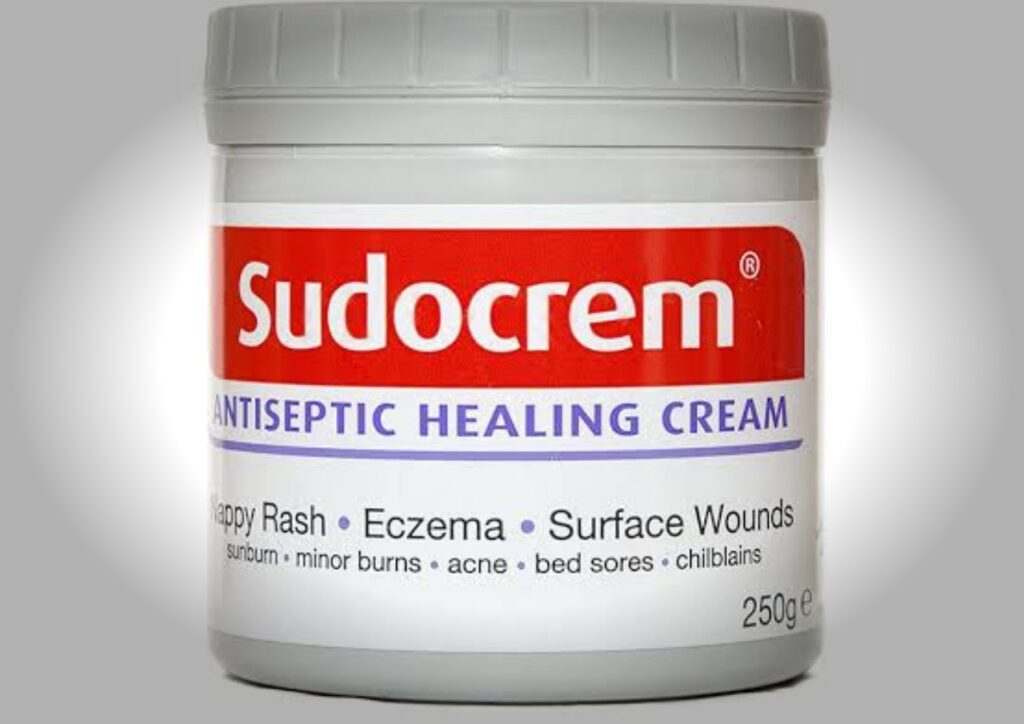When it comes to hydration, many people reach for a refreshing glass of water. But what about eating ice? Does it have the same hydrating effect as drinking liquid water? In this article, we will explore the effects of eating ice on hydration levels and delve into the potential benefits and drawbacks. Let’s uncover the truth about whether eating ice can truly hydrate you.
Is Eating Ice Bad for You?
Ice is often associated with cooling down on a hot summer day or adding a touch of frostiness to our favorite beverages. However, is eating ice actually detrimental to our health? Let’s find out.
While eating small amounts of ice is generally safe for most people, there are a few factors to consider. Chewing on large chunks of ice can pose a risk to your teeth, especially if you have weak enamel or dental issues. The hard texture of ice can potentially cause tooth fractures or dental injuries.
Additionally, consuming excessive amounts of ice can be a symptom of an underlying condition called pagophagia, which is characterized by a compulsive craving for ice. This condition may indicate an iron deficiency or anemia, so it is essential to consult a healthcare professional if you find yourself frequently craving and consuming ice.
However, for the average person, occasional ice chewing is unlikely to cause harm. It’s always a good idea to listen to your body and exercise moderation when it comes to consuming ice.
Does Eating Ice Hydrate You?
The concept of hydration revolves around replenishing the body’s water content. So, can eating ice effectively hydrate you? The answer is yes, but with a few considerations.
When you consume ice, your body needs to warm it up to its core temperature, causing it to melt into liquid form. The melted ice is then absorbed by your body, providing hydration just like drinking water. However, it is important to note that eating ice is not as efficient or rapid as drinking liquid water.
Ice takes longer to melt in your mouth, which means the hydration process may be slower compared to drinking water. If you’re in a situation where quick hydration is necessary, opting for liquid water is generally more effective.
Moreover, consuming large amounts of ice at once may cause your body temperature to drop, especially if you remain inactive. This can potentially lead to hypothermia. It is crucial to keep moving and avoid excessive ice consumption to prevent such risks.
Does Ice Hydrate You Faster?
When it comes to hydration, speed matters in certain situations. So, does ice hydrate you faster than drinking liquid water? Let’s find out.
While ice can technically provide hydration once it melts, it is not the fastest method for replenishing fluids in your body. Drinking water directly allows for quicker absorption and delivery of hydration to your cells.
The time it takes for ice to melt and become liquid can be a limiting factor when it comes to rapid hydration. If you find yourself in need of swift rehydration, it is advisable to choose liquid water instead of relying solely on ice.
Conclusion
Eating ice can indeed provide hydration, although it may not be as efficient or fast as consuming liquid water. While small amounts of ice chewing are generally safe for most individuals, excessive ice consumption can pose risks to dental health and may indicate an underlying condition. Therefore, it’s important to exercise moderation and listen to your body’s needs.
When it comes to hydration, drinking water remains the most effective method for replenishing fluids in your body. Remember to stay hydrated by consuming adequate amounts of liquid water throughout the day. Hydration plays a vital role in maintaining overall health and well-being, so make it a priority in your daily routine.
[starbox]



